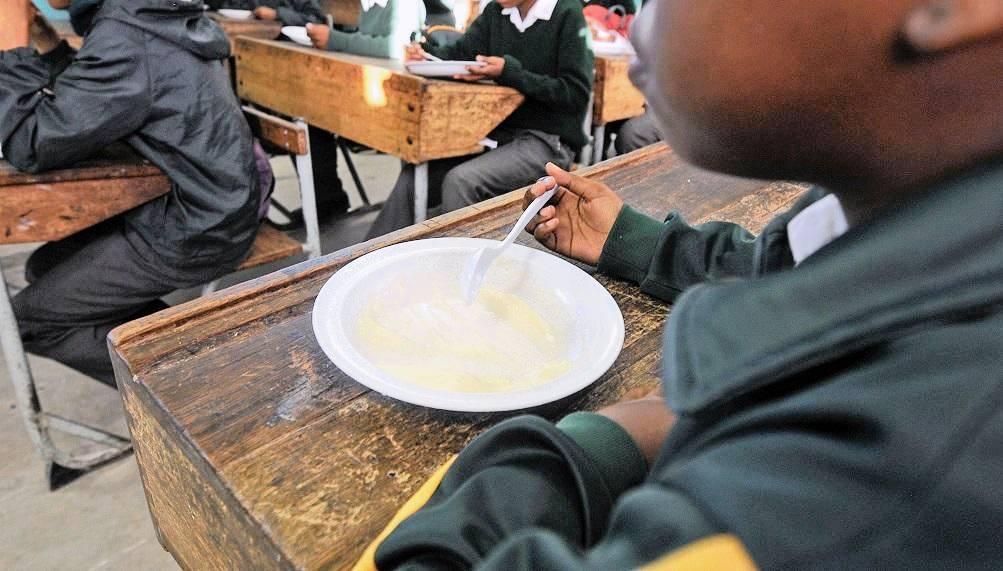School meals saga: Court reserves judgment

The NSNP is a government programme that provides nutritious meals to all learners in poorer primary and secondary schools. File photo: African News Agency (ANA).
The fate of more than 9 million learners, who rely on daily school meals, is yet to be announced as the North Gauteng High Court delayed its judgement on Thursday afternoon.
Education advocacy group, Equal Education (EE) and two Limpopo schools, had taken the Department of Basic Education (DBE) to court for allegedly failing to feed millions of learners during lockdown, through its National School Nutrition Programme (NSNP).
Section 27 and Equal Education Law Centre representing EE in its urgent appeal, announced on Twitter that judgement has been reserved in the matter.
The NSNP is a government programme that provides nutritious meals to all learners in poorer primary and secondary schools.
The objective is to provide nutritious meals to learners to improve their ability to learn.
According to DBE’s 2013/14 annual report, the programme had reached more than 9 million learners in quintile 1, 2 and 3 schools.
The programme also teaches learners and parents how to lead a healthy lifestyle, and promotes development of school vegetable gardens.
“Nothing is more undignified than starvation, particularly the starvation of a child.
“Dignity plays a very important residual role in informing the content of the right to basic education,” argued Adv Tembeka Ngcukaitobi and Adv Geoff Budlender on behalf of the applicants.
“The applicants say two things. The state should be ordered to provide the meals to which the children are entitled. Secondly, the implementation of that order should be monitored.
“In this instance the state hasn’t said it can’t afford or that it can’t do it. To the contrary it says: ‘We have got the money, we are going to do it.’ The problem is the constant backsliding on dates,” they said.



